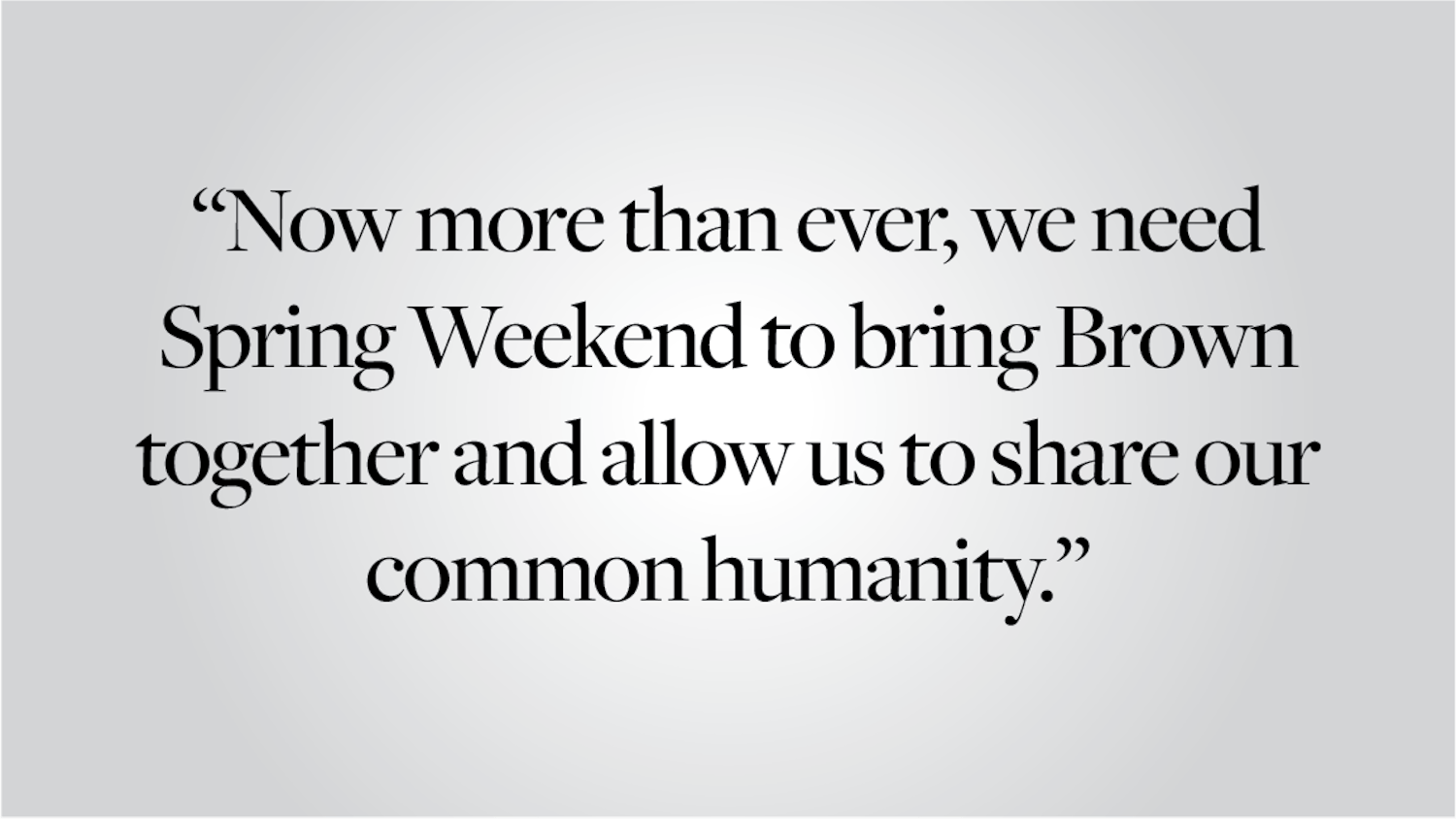Last summer, the National Labor Relations Board ruled that graduate students at private colleges and universities in the United States have the right to unionize.
The decision marked a historic turning point for graduate students, granting them collective bargaining rights and legal status as employees.
Graduate students at Brown responded to the ruling by forming a group called Stand Up for Graduate Student Employment. SUGSE’s primary goal is to convince a majority of graduate students at Brown to vote in favor of unionization. They argue that unionization will empower graduate students by giving them leverage to negotiate the terms of their working relationship with the university.
Forming a union has the potential to help graduate students make important gains. Paid leave, child-care compensation, defined time commitments for teaching assistantships and formal channels for filing grievances would significantly benefit graduate students, and a union would be an effective means for achieving these ends.
But the risk of the unionization debate is that it distracts graduate students from the more ominous, systemic problem confronting them: the lack of employment opportunities in academia. Doctoral students in the humanities are most dramatically affected by this problem; STEM doctoral students and master’s students have a broader range of employment opportunities outside of academia and do not feel the suffocating lack of academic employment as much as humanities doctoral students. The Modern Language Association estimates that only one-third of humanities students who earned their PhD between 1996 and 2011 are currently tenured academic faculty.
The issue of post-graduate employment is conspicuously absent from the unionization discussion. Full-time, salaried employment after graduation is what graduate students need most, especially humanities doctoral students. Graduate students should be wary of devoting time and energy to unionizing, given the more pressing problem of post-graduate employment looming on the horizon. It isn’t worth re-upholstering the living room furniture if there’s a gas leak in the basement.
Brown’s graduate students should engage the University and advocate for themselves. But they should select the issues that are important to them carefully. If the unionization vote passes and graduate students bargain only for incremental improvements to their compensation packages, they will be selling themselves short and letting the University off the hook. Brown can afford slightly higher stipends and dental insurance for graduate students. It cannot afford to hire them as full professors. A graduate student union should confront the University about post-graduate employment prospects directly; it should not skirt around the issue by fighting for small-scale gains.
The issue of post-graduate employment is too daunting for most humanities doctoral students to want to address. Nobody talks about it. Everyone, on the other hand, talks about unionization. Unionization is tenable. There are definitive steps to take to achieve it. It instills a feeling of power, of control over one’s destiny, of voice. Employment prospects instill a sense of fear. It often feels like the unionization conversation is a convenient substitute for the more pressing employment conversation that isn’t happening.
Unionization may be a good starting point, a platform from which graduate students can launch and — over time — advocate for deliberate steps to increase their chances of securing post-graduate employment. Allocating resources for job placement officers, seminars on navigating the job market and individualized career guidance could be issues that a union eventually addresses. These issues should be at the forefront of the current unionization conversation.
But discussing these issues would also force SUGSE to discuss the limits of unionizing. What could a union offer to a newly-minted PhD who has just finished their program at Brown, is no longer affiliated with the University and is entering the job market for the first time? This is perhaps the most vulnerable moment for doctoral students and also the one at which the union would be unable to provide assistance.
Graduate students, especially humanities doctoral students, should be wary of feeling that unionization would significantly improve their status. As long as they continue to teach for comparatively minimal wages, the University comes out way ahead. And even with the protection of a union, the University has no financial incentive to help graduate students find post-graduate employment. As long as that is the case, graduate students are more or less on their own.
Benjamin Smith GS can be reached at benjamin_smith@brown.edu. Please send responses to this opinion to letters@browndailyherald.com and other op-eds to opinions@browndailyherald.com.




